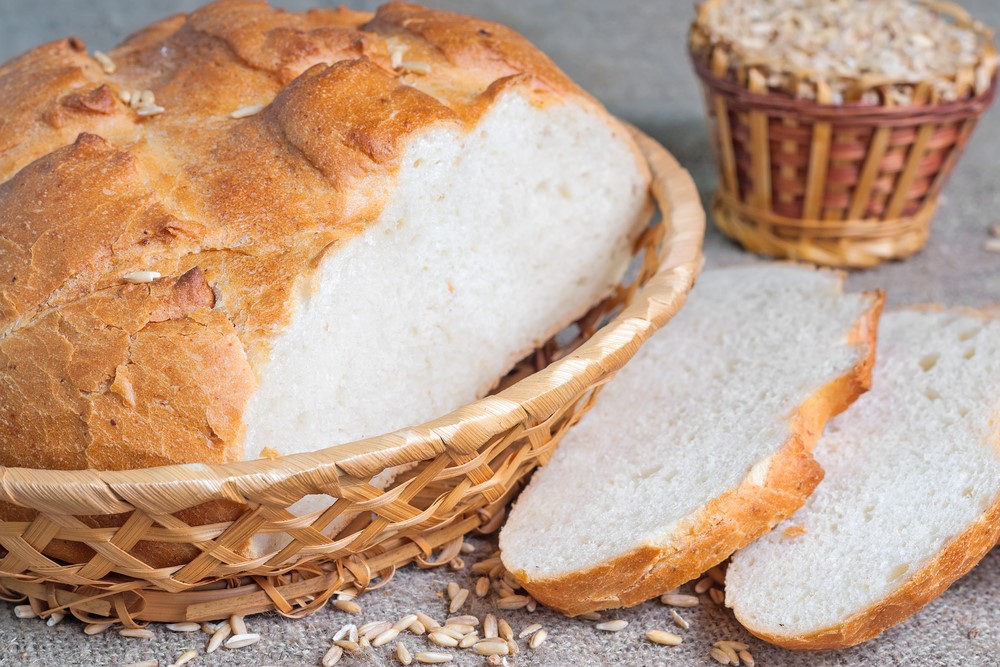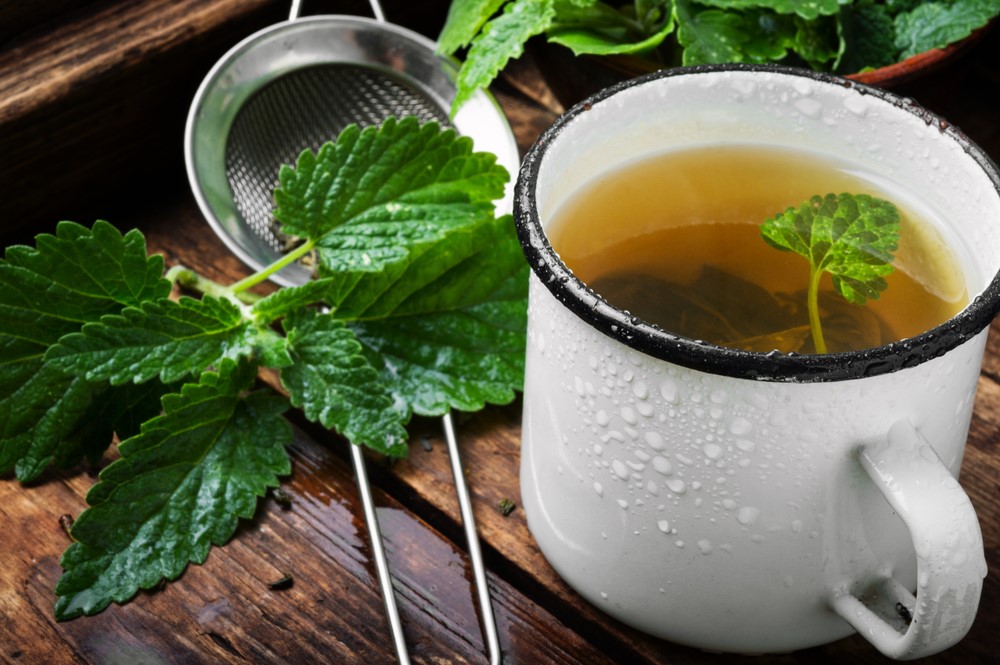
Anti-inflammatory foods and diets have become big news in recent years. That’s partly because experts are recognizing the significance of inflammation.
Many of the major killer diseases are associated with inflammation to some degree, including cancer, heart disease, and Alzheimer’s disease. Other health issues have a connection to inflammation as well, including gastritis, arthritis, gingivitis, and more.
These issues mean that everyone, including caregivers and seniors, needs to think about inflammation.
An Introduction to Inflammation
The links between inflammation and disease make it sound like inflammation is to be avoided at all costs.
Yet, inflammation is a natural process. It’s part of the body’s immune response and is essential for keeping us healthy. This means that some level of inflammation is healthy and important. Problems arise when inflammation is high or chronic.
Unfortunately, modern diets and lifestyles tend to promote inflammation. As a result, many people have concerning levels of inflammation, inflammation that could easily lead to health issues.
Inflammation is especially relevant for seniors, as people develop chronic low level inflammation as they age (called inflammaging). While inflammaging isn’t something you can prevent or reverse, strategies for reducing inflammation can help and may improve your long-term health at the same time.
So, let’s look at what you can do.
Eating Well to Protect Your Health
Diet is one of the most powerful tools for improving health. It’s especially relevant for inflammation, as some foods can increase inflammation, while other foods decrease it instead.
In the following sections, we’ll dig into the different foods that can help and ones to watch out for.
However, this doesn’t mean you should only eat anti-inflammatory foods and avoid those that may cause inflammation. Look for a balanced diet instead, one that focuses on plenty of healthy and minimally processed foods. After all, foods impact our bodies in many ways.
Foods That Increase Inflammation

Unhealthy Fats
The worst of these are the trans-fats or hydrogenated oils. These are huge contributors to inflammation and a host of diseases, including cancer and heart disease.
Saturated fat is a big deal too. This is found in animal foods, including bacon and steak. High levels of saturated fat intake have been linked to inflammation, increased heart disease risk, and more issues.
Now… some sources of saturated fat offer benefits as well, like red meat. For these, the trick is to keep your portions small and choose leaner cuts of meat.
Refined Grains
Refined wheat berries are stripped of all their healthy bran, fiber, and nutrients, and what is left is a white sticky substance that is formed into bread, cookies, and cakes.
When I was a kid in elementary school, we made glue for crafts from white flour and water. Sound familiar?
In our bodies, this gummy substance contributes to inflammation due to its lack of fiber to move it through. Strive to make at least half of your grain products whole and minimally refined, such as whole wheat bread, rye bread, whole grain pasta, steel cut oats, and brown rice.
Refined Sugars
Let’s be honest…sugar is a drug!
Most of us are hooked and it is a tough addiction to face down. I know this first hand having grown up on unlimited amounts; as a 60-year-old, my inner sugar addict kid still associates sweets with pleasure and comfort.
We all know the damage that sugar can do to the teeth over time, but the more serious problem is the amount of inflammation that it creates. Cancer cells thrive in a high sugar environment. The problem is not the unrefined sugar in carrots, beets, and cherries, but rather the refined, high calorie-no nutrient, white crystalline substance that causes the trouble.
It often takes some training to even recognize the mild sweet flavor in brown rice, chicken, and squash.
For some people, the answer is to cut refined sugar out entirely. This can be difficult at first but becomes easier as your body and taste buds adapt. Others prefer to cut down their refined sugar intake instead. Even decreasing sugar intake a little could improve your health and reduce inflammation levels.
Artificial Chemical Additives
Our liver and kidneys are responsible for protecting us from dangerous chemicals, both endogenous and exogenous. When our diet is laden with artificial chemicals and preservatives, the liver and kidneys become overloaded with detoxification and the result is often inflammation.
Start reading labels when you go shopping at the grocery store. If the label contains a long list of chemicals that you probably can’t pronounce, better to pass on it. The simpler the ingredient list, the better.
Highly Processed Foods
Highly processed foods are one of the worst culprits for inflammation, as they’re often high in sugar, additives, and/or unhealthy fats. Many have been so heavily refined that their original ingredients aren’t recognizable anymore.
So, foods like frozen dinners, donuts, white bread, sugary breakfast cereals, soda, cookies, and fast foods all play a noticeable role in inflammation.
Inflammation Reducing Ingredients

Foods that promote inflammation tend to be highly processed or are high in sugar and/or unhealthy fats. The foods that decrease inflammation are the opposite.
This means you’re looking for whole and natural foods. It’s also best to cook food yourself, using fresh ingredients. Doing so gives you access to the most beneficial compounds and is powerful for your health.
Dr. Andrew Weil, a brilliant Harvard-trained doctor, has created an “Anti-Inflammatory Diet & Pyramid” as a “blueprint for a lifetime of optimum nutrition”. You can also turn to meal plans, like this 7-day anti-inflammatory Indian diet plan.
Here are a few specific foods and ingredients that are worth using regularly.
Peppermint Leaf
This tea clears inflammation generally, but specifically in the digestive system, liver, lungs, throat, head, and eyes. Peppermint oil capsules reduce the burning pain of irritable bowel syndrome (IBS).
Fresh Ginger Root
Ginger root can promote digestion, activate circulation, and reduce pain. Lightly simmer 2 or 3 thick slices for 5-10 minutes in a pint of water. Sweeten with honey.
Turmeric Root
Turmeric root is very anti-inflammatory, as well as improving the health of the liver and gall bladder. It is available fresh or dried. Use 1/2 teaspoon of dried powder per cup of hot water for tea.
Chrysanthemum Flowers
Chrysanthemum flowers clear fire that causes hypertension, insomnia, headaches, and red painful eyes. These are used in Chinese medicine to prevent overheating in Spring and Summer.
Chamomile Flowers and Holy Basil (Tulsi) Leaves
These two ingredients reduce the inflammation that leads to agitated emotions and anxiety and help us to cultivate calmness.
My favorite tea is a blend from Organic India called “Sweet Rose Tulsi Tea.” It makes a wonderful heat-quenching iced tea, and the scent of roses takes me to a very peaceful rose garden where I delightfully chill out.
Healthy Sources of Fat
Most of the fat in your diet should come from healthy sources, including oils such as olive oil and sesame oil. Fresh nuts and seeds are important too, as these offer plenty of healthy polyunsaturated and monounsaturated oils.
Flax seeds, pumpkin seeds, chia seeds, and oily fish (like salmon and sardines), are all high in healthy omega 3 oils which reduce inflammation throughout the body and boost our immunity.
Replacing unhealthy fats with some of these options is powerful for improving health and fighting inflammation. Many sources of healthy fats are delicious as well.
Other Ways to Decrease Inflammation
Strategies for managing inflammation don’t stop with food. There are other important approaches as well.
Reduce Stress
Some degree of stress is a natural part of life (and might even be healthy). However, too much stress can wreak havoc on your body, especially if we’re talking about long-term stress.
Anything you can do to decrease stress is going to have positive effects on health. For some people, this means eating better, getting enough sleep, and exercising. For others, the goal may be to set more boundaries and say no more often. Even managing the transition between parts of your life can be surprisingly powerful.
Get Enough Sleep
Sleep is relevant for stress and for reducing inflammation. Well, let’s face it, getting enough sleep is relevant for most aspects of health.
It can also be a challenging area. Seniors may struggle with sleep due to health problems, pain, or other factors. Stress and a lack of time are common culprits for caregivers, especially if there’s no one to help with the senior at night.
Exercise Regularly
Did you know that physical activity can reduce inflammation? That’s not the only benefit – just the one we’re interested in today.
There are many options for exercise, allowing people to choose the type they enjoy and can do safely. For some, exercise might be relatively intense, like running or a workout at the gym. Others might focus on something gentler, like swimming or perhaps chair yoga.
Final Thoughts
Most strategies for reducing inflammation are exactly what you’d expect. Eating well, avoiding processed food, exercising, decreasing stress, and getting enough sleep are all crucial ways to keep your inflammation in check.
However, you don’t need to be perfect in any of these areas. Even just getting a little better in a few of them should help your inflammation – improving your health and decreasing disease risk in the process.
About The Author
Cathy McNease is a nationally certified herbalist with a Diplomate in Chinese Herbology from the NCCAOM, a B.S. in Biology and Psychology from Western Michigan University and two Master Herbalist certificates from Emerson College of Herbology in Canada and East-West Course of Herbology in Santa Cruz. She has also written a book, called In Harmony with the Seasons: Herbs, Nutrition and Well-Being.
In Harmony with the Seasons is a collection of writings on Traditional Chinese Medicine (TCM) that represents the culmination of a life spent as a teacher and practitioner of this medicine. Practical advice is given about relieving common health complaints, using foods, herbs, and lifestyle adjustments.
To be in harmony with the seasons is to be connected to the natural world, and thus, our own bodies. Nature heals. This collection will give you tools to facilitate that process. TCM Practitioners will enjoy the Chinese dietary guidance, based on organ (Zang-Fu) imbalances.
Plant lovers and gardeners will be interested in the botanical families of foods and herbs. Using the lens of TCM, these articles are intended to inform and inspire individuals on a quest for better health, physically, emotionally and spiritually.


Leave a Reply